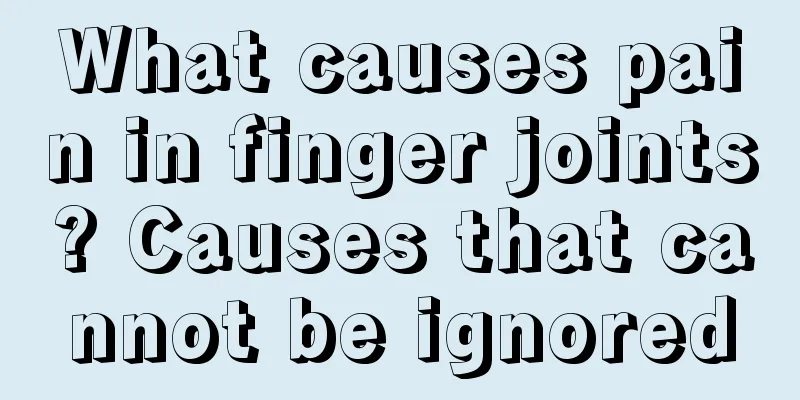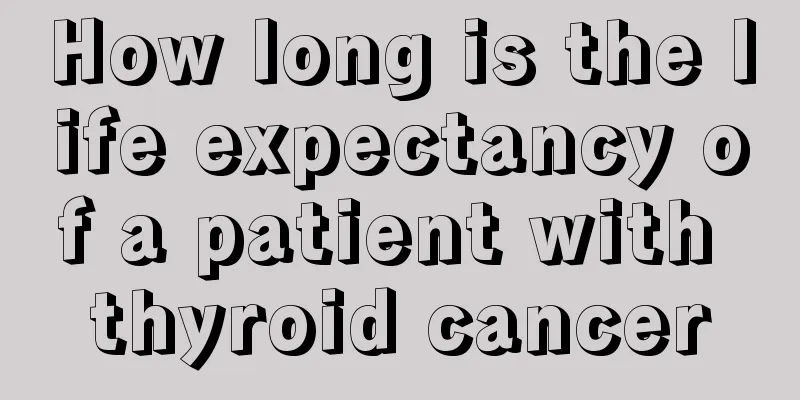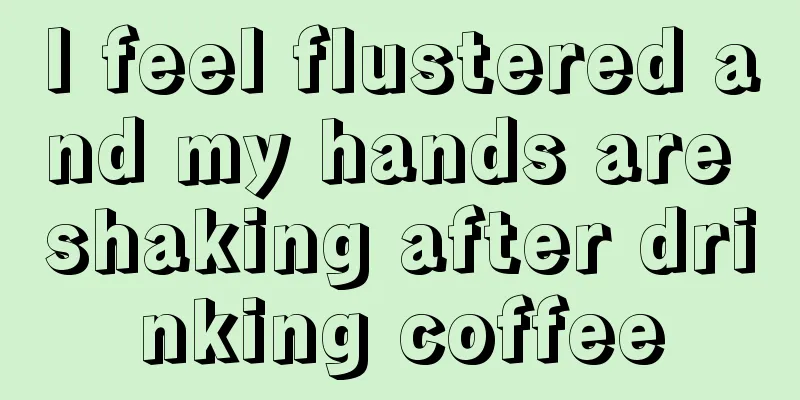What are the treatments for muscle spasms

|
Muscle spasm is what we usually call muscle cramps. This is a sudden phenomenon that we cannot control. The muscle spasm usually occurs in the calf. Generally, the muscle spasm will last for a few seconds or longer. When the muscle spasm occurs, you will feel unbearable pain. Generally speaking, the causes of muscle spasms are calcium deficiency and cold. The following are the treatment methods for muscle spasms. 1. Method 1: Eliminate the cause Some spasms are related to various external stimuli. Before treatment, try to eliminate factors that may easily induce muscle spasms, such as fever, stones, urinary tract infection, pressure sores, pain, constipation, and drugs that aggravate muscle spasms. Usually, the symptoms of muscle spasm will be alleviated after the triggering factor is eliminated. 2. Method 2: Posture and position Certain postures and positions can reduce muscle spasms. Patients should adopt a good anti-spasm posture from the acute phase, which can inhibit abnormally increased muscle tension. For example, in the acute phase of cerebrovascular accident and craniocerebral trauma, a supine anti-spasm posture can be adopted to relieve muscle spasms. Patients with spinal cord injury can use an inclined bed to stand to relieve lower limb muscle spasms. The correct way to hold a child with cerebral palsy, etc. 3. Method 3: Physical therapy (1) Cold therapy Applying ice or soaking the spastic limb in ice water for 5 to 10 seconds can cause transient relaxation of muscle spasms. (2) Hydrotherapy The long-term compression and massage of muscles by water pressure is helpful to relieve muscle spasms. The room temperature should be kept at 25 degrees and the water temperature should be around 300 degrees. Doing this consistently is effective in relieving muscle spasms. (3) Thermal therapy Various types of conductive heat (such as wax, sand, mud, etc.), radiant heat (infrared) and endogenous heat (ultra-short wave). (4) Alternating electrical stimulation therapy for spastic muscles and their antagonistic muscles It is to use two groups of square waves with the same wave width and frequency but appearing in sequence to stimulate the spastic muscle and its antagonist muscle respectively, so that they contract alternately, using reciprocal inhibition and inhibition caused by excitation of Golgi tendon organs to counter spasms. 4. Method 4: Exercise therapy Movement therapy includes active exercise, passive exercise, and manual therapy such as massage. (1) The antagonist muscle of the actively moving spastic muscle produces a reciprocal inhibitory effect to reduce muscle spasm. Persisting in this kind of training is effective in treating muscle spasms. (2) Passive movement can also be combined with certain reflex mechanisms to reduce muscle tone, such as passive toe flexion. |
<<: Is rickets a chest deformity?
>>: What are the phenomena during the peak period of hormone face detoxification
Recommend
What are the effects and functions of sour jujube sprouts? Is it nutritionally valuable?
The nutritional value of sour jujube sprouts is v...
What are the effects of wisdom tooth extraction
If wisdom teeth do not grow in completely and pai...
What is medullary carcinoma? What are the treatments for medullary carcinoma?
In clinical practice, there are various types of ...
How to quickly remove oil stains from clothes
Many times, clothes are always stained with oil b...
Diet care methods for esophageal cancer
How should patients with esophageal cancer be car...
What details in life should be paid attention to in preventing fibroids
What details of life should be paid attention to ...
What to do if you have headache, dizziness or insomnia
Disease is a situation that people often encounte...
What are the things that boys should pay attention to during their development?
Parents all hope that their children will develop...
What are the reactions after drinking enzymes?
Enzyme is a relatively new thing. Although it is ...
What can I use to wash off lipstick
Lipstick is a must-have cosmetic for many women. ...
Can people with thyroid cancer exercise?
Most thyroid cancer patients can exercise, but so...
My face feels tight after using facial cleanser
Many people always feel tight on their faces afte...
Which type of men are most favored by prostate cancer? Three types of men should be wary of prostate cancer
Prostate cancer is a malignant disease that can p...
What are the specific symptoms of brain cancer
Brain cancer is a malignant tumor in the brain. T...
How to treat colon cancer after regular follow-up surgery
After radical resection, patients with colon canc...









